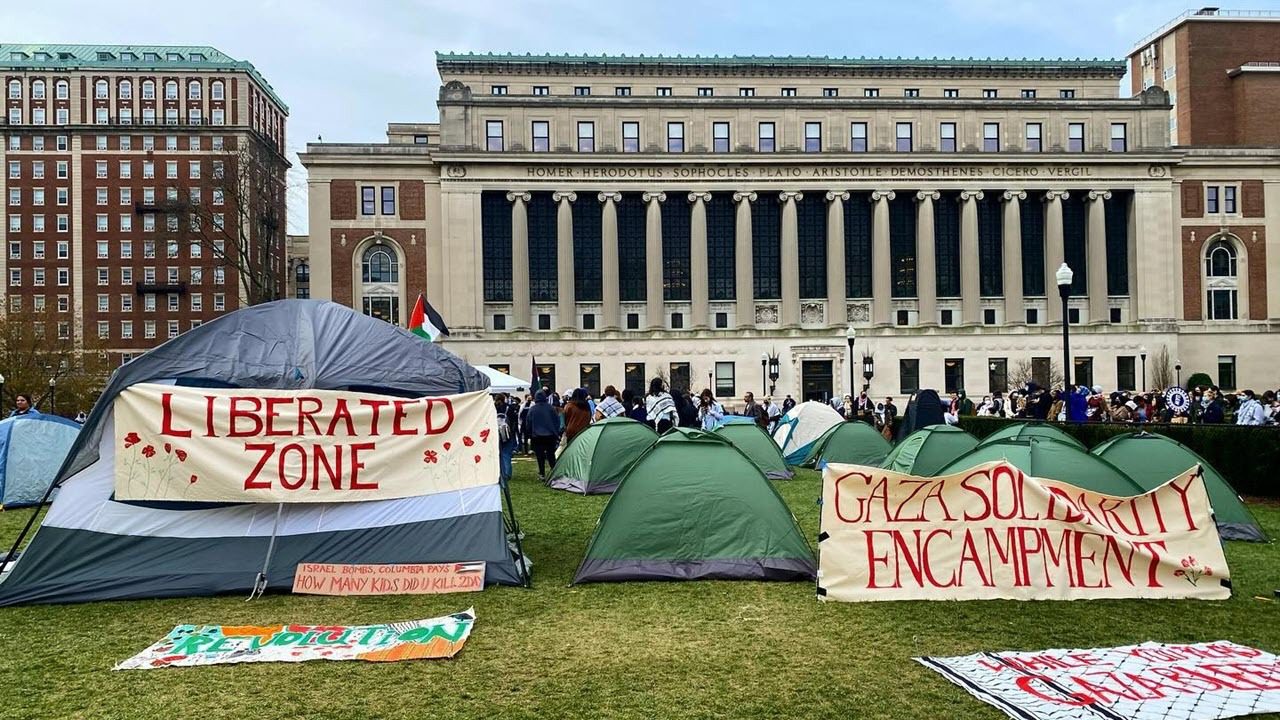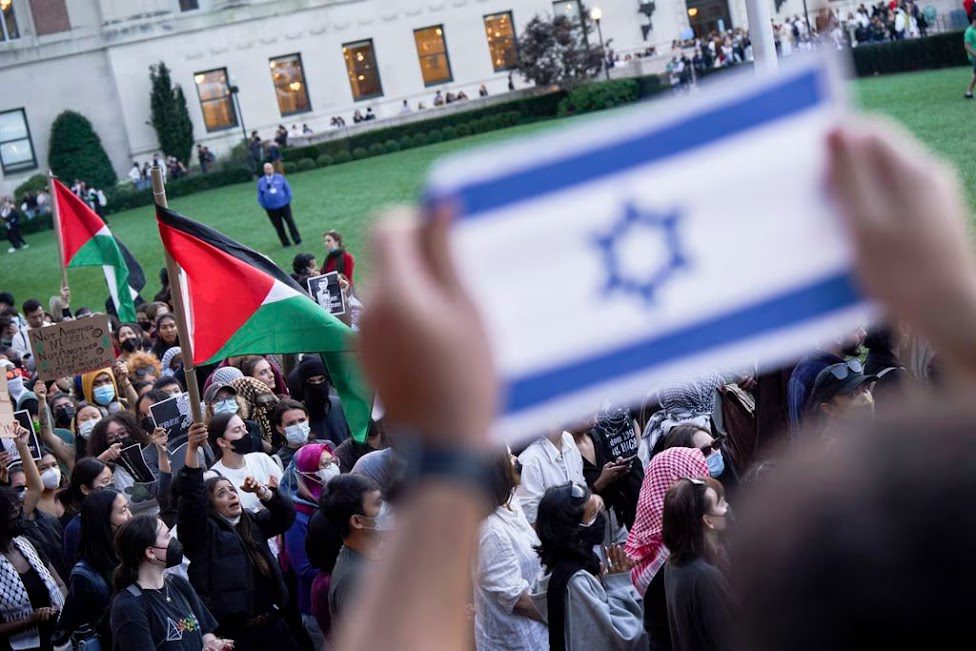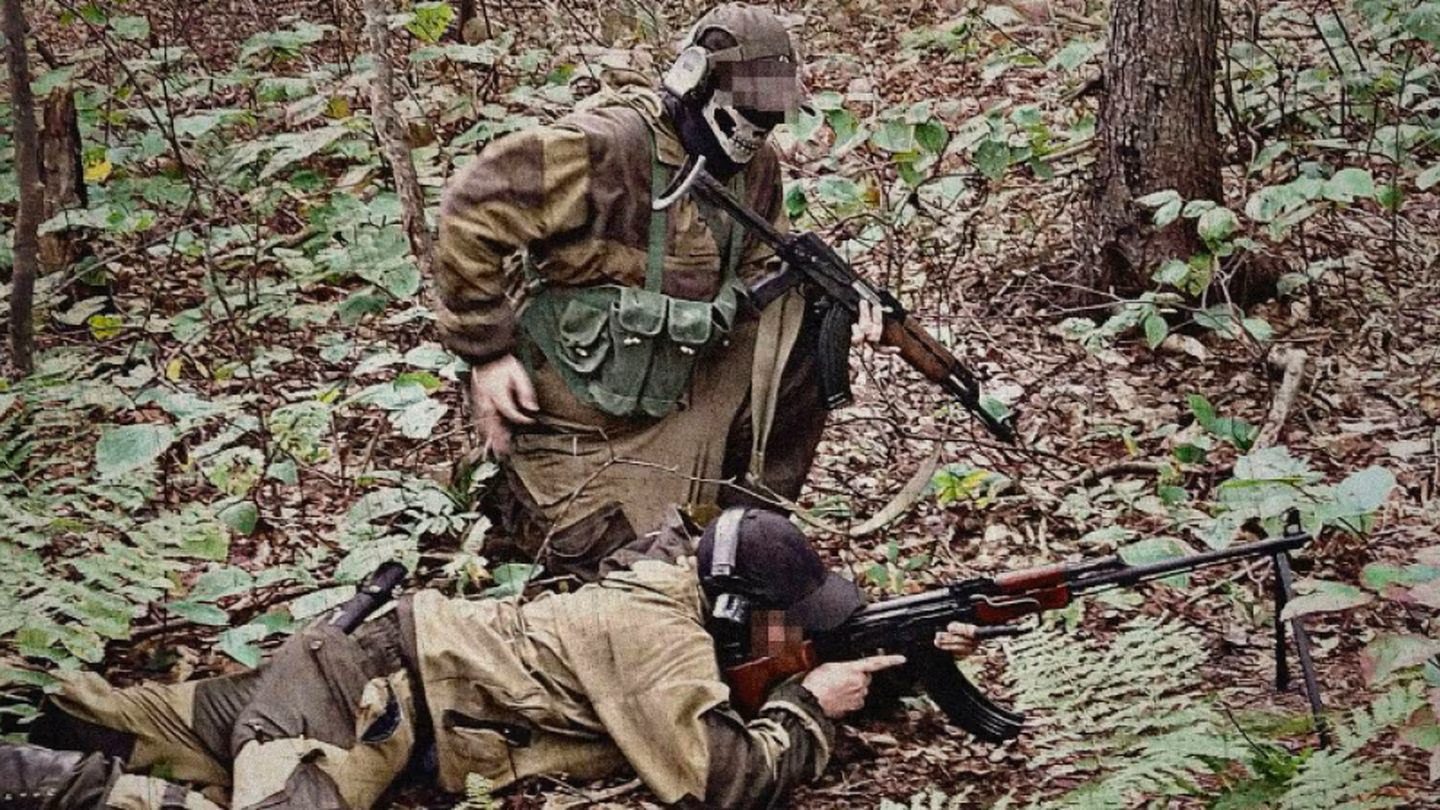Join Dr. Keren Fraiman and Dr. Dean Bell of the Spertus Institute at Temple Beth Elohim in Wellesley for a four-session workshop series for Jewish professionals working with teens, college students, and young adults.
Monday, January 22 (9:30 a.m. – 12:30 p.m.)
Session 1: Histories and Contexts – How has antisemitism been expressed and experienced in different historical and geographic contexts? While this session does not provide a full historical overview, it offers a sampling of some of the most crucial episodes of antisemitism and how they shaped and continue to impact antisemitism today. This session introduces teen educators to the most prominent motifs that their students are likely to encounter and gives them skills to contextualize, discuss and understand them and responses to them.
Tuesday, January 23 (9:30 a.m. – 12:30 p.m.)
Session 2: Definitions: Antisemitism, Anti-Israel Expression, and Anti-Zionism – Our teens increasingly report facing various forms of antisemitism in differing contexts. These instances become further blurred with questions about anti-Israel and anti-Zionist expressions. How do we understand antisemitism? How do we define it? How do we differentiate different expressions of it? And why does how we understand it matter? In this session, we explore a range of common definitions of antisemitism that grapple with and, at times, complexify the issue. Participants will learn about the context and origin of the definitions and the benefits and drawbacks of definitions more generally and the potential impact of the IHRA, Jerusalem and Nexus definitions of antisemitism specifically.
Monday, March 4 (9:30 a.m. – 12:30 p.m.)
Session 3: Antisemitism, Other Hatred, and Allyship – Antisemitism is one form of hatred. While antisemitism can be unique, it also exists within a larger context of bias. In this session, we consider what is unique about antisemitism—the “longest hatred”—and what it shares with other racisms and hatreds. The session provides an opportunity to think about how we understand biases toward other religious, ethnic, social and gendered groups and how to fight against this hatred. The session also explores how we can form effective alliances across differences.
Tuesday, March 5 (9:30 a.m. – 12:30 p.m.)
Session 4: Finding Our Voice in Combating Antisemitism – Social media has provided a fertile (effective, accessible and accelerable) forum for sharing of antisemitism and other hatred. How has antisemitism been expressed on social media, how is the message of antisemitism amplified through technology and in what ways can we use technology to combat antisemitism online? The session also considers the social-emotional and mental health impact of antisemitism and perceived antisemitism and the possible communications strategies for responding—or not responding—to antisemitism when it is expressed. In this concluding session, we offer suggestions for creating education and communications plans to make a real difference in the fight against antisemitism. In addition, this session seeks to tie together the prior sessions exploring the range of effective strategies to combat antisemitism. How do we understand the threat of antisemitism in different contexts? How do we come together and mobilize as a community? How do we communicate the impact of antisemitism on our lives?
 Share your story
Share your story 



